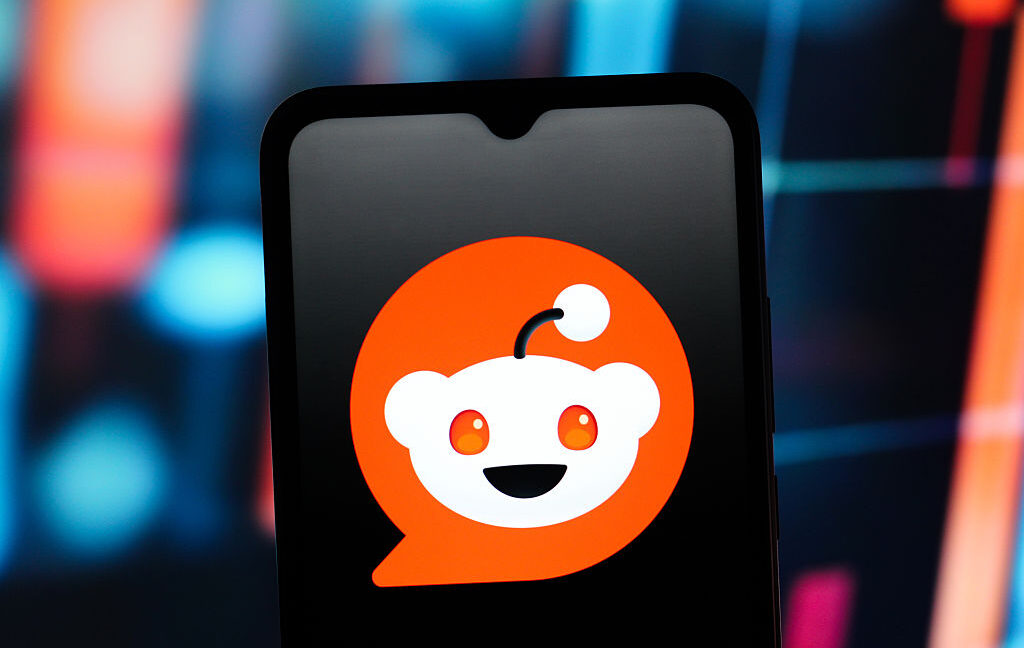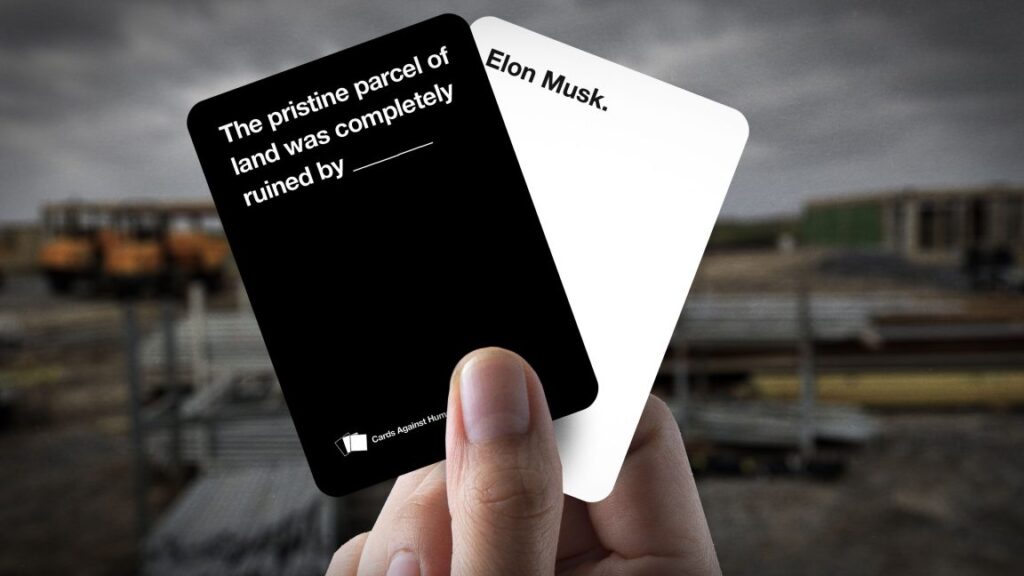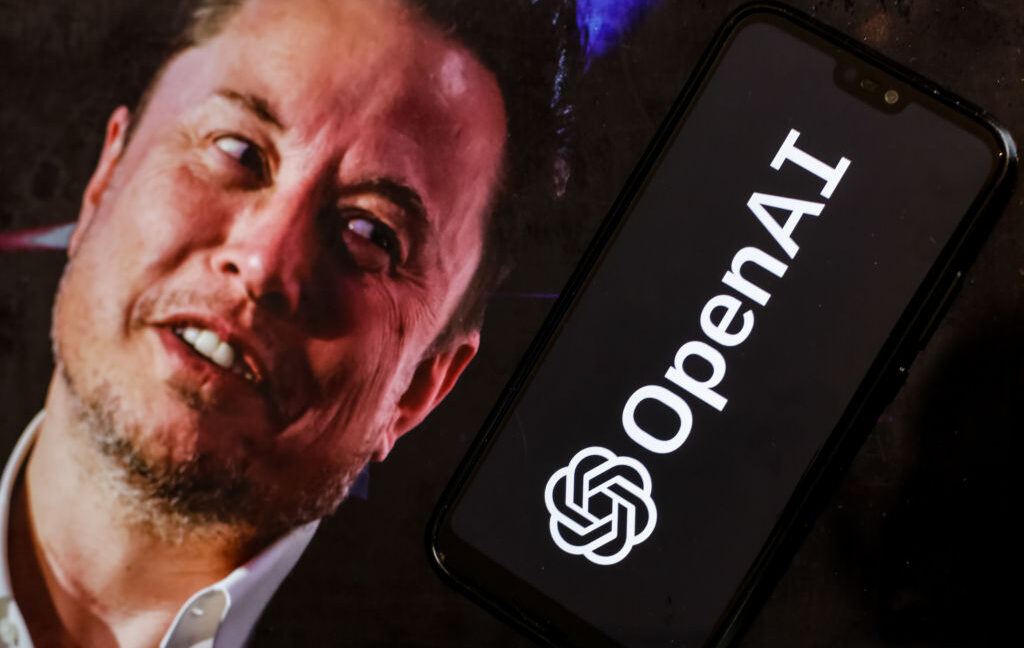EU accuses Meta of violating content rules in move that could anger Trump
FTC Chairman Andrew Ferguson recently warned Meta and a dozen social media and technology companies that “censoring Americans to comply with a foreign power’s laws, demands, or expected demands” may violate US law. Ferguson’s letters said the EU’s Digital Services Act and other laws “incentivize tech companies to censor worldwide speech.”
Meta told media outlets that “we disagree with any suggestion that we have breached the DSA, and we continue to negotiate with the European Commission on these matters.” Meta also said it made changes to comply with the DSA.
“In the European Union, we have introduced changes to our content reporting options, appeals process, and data access tools since the DSA came into force and are confident that these solutions match what is required under the law in the EU,” Meta said.
TikTok, Meta accused of restricting data access
The EC also said it preliminarily found that both Meta and TikTok violated their DSA obligation to grant researchers adequate access to public data.
“The Commission’s preliminary findings show that Facebook, Instagram and TikTok may have put in place burdensome procedures and tools for researchers to request access to public data. This often leaves them with partial or unreliable data, impacting their ability to conduct research, such as whether users, including minors, are exposed to illegal or harmful content,” the announcement said.
The data-access requirement “is an essential transparency obligation under the DSA, as it provides public scrutiny into the potential impact of platforms on our physical and mental health,” the EC said.
In a statement provided to Ars, TikTok said it is committed to transparency and has made data available to nearly 1,000 research teams. TikTok said it may be impossible to comply with both the DSA and the General Data Protection Regulation (GDPR).
“We are reviewing the European Commission’s findings, but requirements to ease data safeguards place the DSA and GDPR in direct tension. If it is not possible to fully comply with both, we urge regulators to provide clarity on how these obligations should be reconciled,” TikTok said.
EU accuses Meta of violating content rules in move that could anger Trump Read More »












